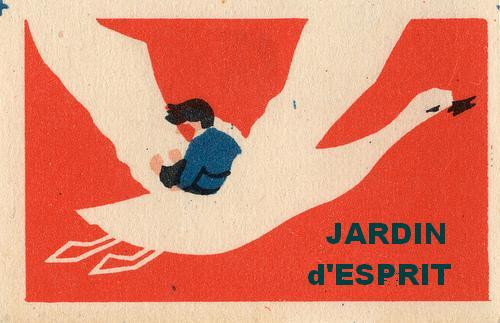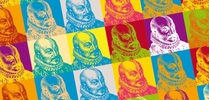L'amant de Lady Chatterley
Page 1 sur 1
 L'amant de Lady Chatterley
L'amant de Lady Chatterley
Hier soir ARTE nous passait la version longue... 




La position qui lui fait découvrir l'orgasme

Effectivement il y a des dialogues très très politiques sur les rapports entre classes et Lady Chatterley a évidemment les yeux plus ouverts que son mari

Completed in 1928, and first published in Florence (to avoid censorship), what was then considered the most erotic novel ever published in English was inspired by the experiences of an Englishwoman in Taormina, an eastern Sicilian resort town which boasted an emigre population of sophisticated and eccentric Brits. As recently as 1959, puritanical Americans, in the guise of the U.S. Postal Service, attempted to ban Lady Chatterley's Lover from the mails, following similar action taken in Japan several years earlier. (The book is still banned in China, where it is a black market item.) The first film version, released about the same time, provoked similar censorship in the United States and around the world. Even in 1960, few countries seemed ready for the idea of a sexually liberated woman.
Lady Chatterley's Lover is the erotic love story of Constance Chatterley, aristocratic wife of a wheelchair-bound husband, who has an affair with a gamekeeper of their country estate. Tame by today's standards, the book was unorthodox in 1928. D.H. Lawrence wrote most of it while in Italy. The novel was not without precedent in erotic literature; Fanny Hill had appeared in 1749. Lady Chatterley, of course, was far more explicit than previous romantic novels of this kind.
But Lady Chatterley was slightly political, too, and this offended (or perhaps frightened) many conservatives. British and American women had just won the right to vote; the spirit of liberation was in the air. Moreover, Lady Chatterley's husband was confined to a wheelchair as a result of wounds suffered in the First World War, making the novel's subtle pacifism almost as scandalous as its sexual theme. Its author's outspoken opposition to the Great War was well known, his support of women's rights equally so. In the eyes of some people, D.H. Lawrence was a dangerous man whose ideas could alter the very fabric of society. But unlike his idealistic comtemporary, H.G. Wells (who advocated "free love"), Lawrence was considered an outsider.
PS Quelqu'un a -t il lu Fanny Hill?





La position qui lui fait découvrir l'orgasme

Effectivement il y a des dialogues très très politiques sur les rapports entre classes et Lady Chatterley a évidemment les yeux plus ouverts que son mari

Completed in 1928, and first published in Florence (to avoid censorship), what was then considered the most erotic novel ever published in English was inspired by the experiences of an Englishwoman in Taormina, an eastern Sicilian resort town which boasted an emigre population of sophisticated and eccentric Brits. As recently as 1959, puritanical Americans, in the guise of the U.S. Postal Service, attempted to ban Lady Chatterley's Lover from the mails, following similar action taken in Japan several years earlier. (The book is still banned in China, where it is a black market item.) The first film version, released about the same time, provoked similar censorship in the United States and around the world. Even in 1960, few countries seemed ready for the idea of a sexually liberated woman.
Lady Chatterley's Lover is the erotic love story of Constance Chatterley, aristocratic wife of a wheelchair-bound husband, who has an affair with a gamekeeper of their country estate. Tame by today's standards, the book was unorthodox in 1928. D.H. Lawrence wrote most of it while in Italy. The novel was not without precedent in erotic literature; Fanny Hill had appeared in 1749. Lady Chatterley, of course, was far more explicit than previous romantic novels of this kind.
But Lady Chatterley was slightly political, too, and this offended (or perhaps frightened) many conservatives. British and American women had just won the right to vote; the spirit of liberation was in the air. Moreover, Lady Chatterley's husband was confined to a wheelchair as a result of wounds suffered in the First World War, making the novel's subtle pacifism almost as scandalous as its sexual theme. Its author's outspoken opposition to the Great War was well known, his support of women's rights equally so. In the eyes of some people, D.H. Lawrence was a dangerous man whose ideas could alter the very fabric of society. But unlike his idealistic comtemporary, H.G. Wells (who advocated "free love"), Lawrence was considered an outsider.
PS Quelqu'un a -t il lu Fanny Hill?
Page 1 sur 1
Permission de ce forum:
Vous ne pouvez pas répondre aux sujets dans ce forum




